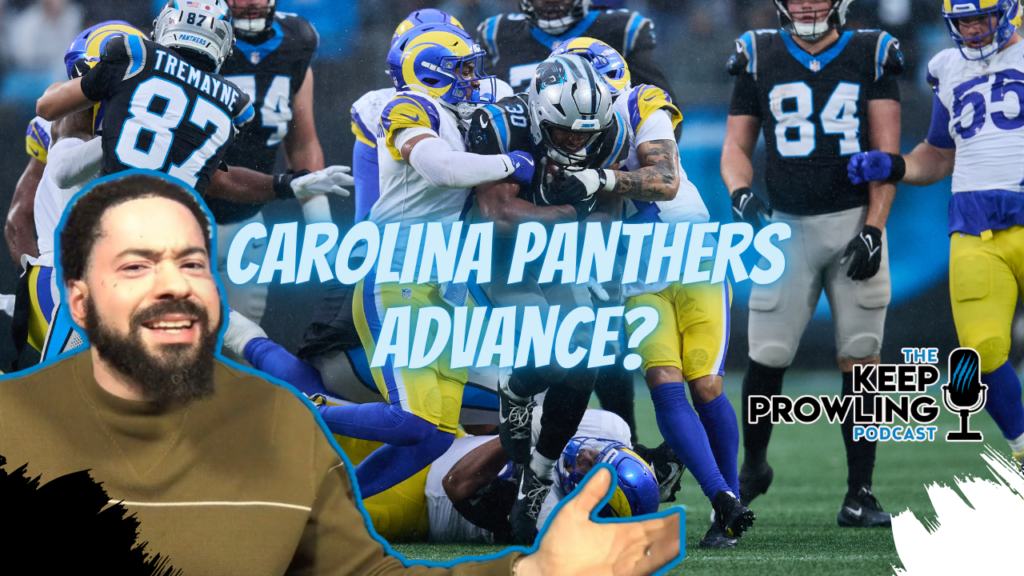CHARLOTTE, NC – Racial profiling and police brutality are front and center in Charlotte.
Emotions were high on Monday as Charlotte-Mecklenburg Police and Charlotte City Council talked about a civil rights ordinance.
With a microscope on police across the country, the ordinance is supposed to address racial profiling and police surveillance within CMPD.
The NAACP and dozens of civil rights activists were at Monday’s city council meeting to hear about the ordinance, but many left frustrated, with no official proposal on the table.
“Chief Monroe did a great job of talking about what they do right now, but that’s not what we came here for. We came here to talk about what needs to be done,” said Corine Mack, with the Charlotte NAACP.
In front of protesters, signs and city council, CMPD Chief Rodney Monroe talked about his department.
“We have over 780 in-car cameras. We have three Shotspotter areas that we cover. That information that we record is not made available to the public,” said Monroe.
But NAACP members and dozens of other civil rights activists came to talk about a racial profiling ordinance.
“What we hear tonight was a justification from the police department to withhold information from the public,” said Matt Newton, attorney for the Charlotte chapter of the National Action Network.
While the details of the ordinance are worked out, Chief Monroe stressed that citizen’s rights are the forefront of his department.
Outrage over the police killings of Michael Brown, Eric Garner and, locally, Jonathan Ferrell have sparked protests in Charlotte and across the country. It’s added fuel to a local push for a civil rights ordinance to make police more accountable.
The ordinance says officers “shall not select individuals for observation, interrogation, searches, frisks or arrest based in any part on the individual’s race, ethnicity, county or region of origin, or religion…”
During a police stop, search, or arrest, an officer would have to record 12 things about their interactions, including: the person’s race and gender, amount of time they are detained, tactics used by the officer and the type of force used. They also must record why they used the force and any harm it caused.
“Do we have individuals that may engage in conduct that’s unacceptable to the public and unacceptable to us? Yes. But we deal with it, we address it, we’ve arrested officers, we’ve fired officers that have crossed that line,” said Monroe.
“We would have liked to see a drafted ordinance for the city council’s consideration. It seems as though the police department and city are dragging their feet on that,” said Newton.
The NAACP also wants CMPD’s Citizens Review Board to have more power, and the group wants all CMPD officers to wear body cameras.




